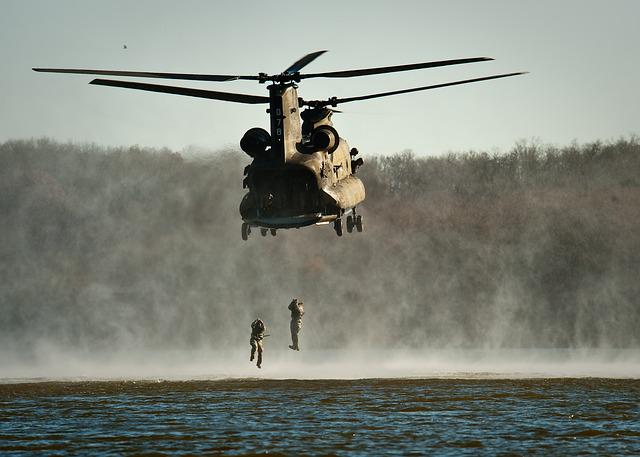On Tuesday, the US and South Korean military chiefs warned that North Korea could "conduct provocative actions" in response to large-scale joint drills done by both countries with China's Premier also expressing the possibility of conflict if the tensions escalate further.
In a statement released by the office of General Joseph Dunford, the Chairman of the US Joint Chiefs of Staff, it said "The chairmen recognized the possibility that North Korea could conduct provocative actions during the Key Resolve/Foal Eagle exercise, or in connection with North Korean major political events in April."
The statement also said that the two military leaders "discussed response options" during a call that lasted about 30 minutes.
Earlier this month, North Korea fired four ballistic missiles into the sea off Japan in response to the annual U.S.-South Korea military drills, which the North views as a preparation for war. The drills started on March 1st.
The exercise last year involved about 17,000 American troops and more than 300,000 South Koreans. South Korea has said this year's exercise would be of a similar scale and would be focused on defense.
China, the only ally of North Korea, has also expressed their anger towards Pyongyang's continuous nuclear and missle tests. However, they have expressed that both Washington and Seoul have a responsibility to reduce the possibility of tensions rising in the region and instigate talks with North Korea to settle the conflict.
On Wednesday, Chinese Premier Li Keqiang said that the situation in the Korean peninsula and northeast Asia had become quite tense.
He said, "Tensions may lead to conflict, which would only bring harm to all the parties involved."
"So what we hope is that all the parties concerned will work together to de-escalate the situation, get issues back on the track of dialogue and work together to find proper solutions," he said. "It's just common sense that nobody wants to see chaos on their doorstep."
The United States has also started to deploy "Gray Eagle" attack drones to South Korea.
"The combined defense posture is firm regardless of the political situation in Korea," Dunford said in a statement.








